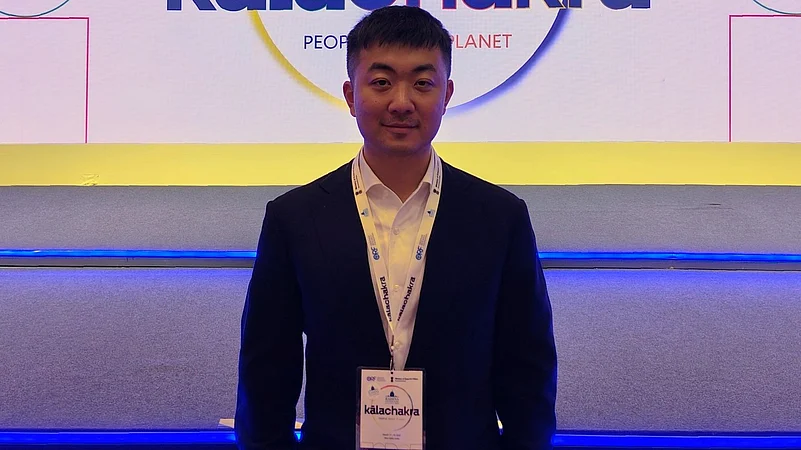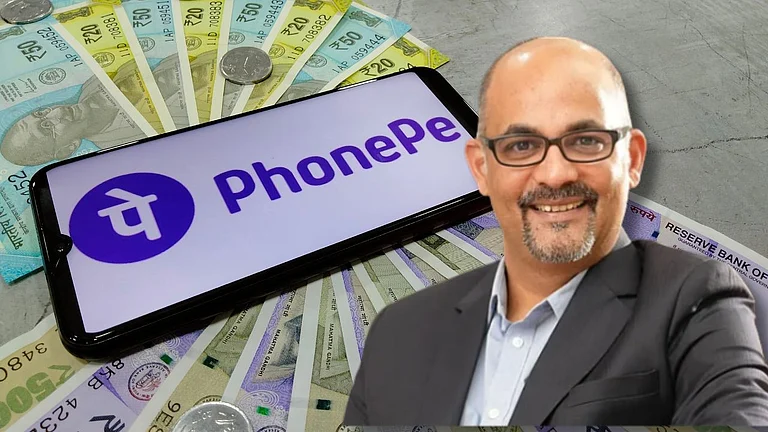
Raised $200 million in Series C led by Tiger Global at a $1.3 billion valuation
Plans to integrate AI across devices for personalised experiences
Expanding from smartphones to smart glasses, robots, and EVs
London-based smartphone maker Nothing on Tuesday raised $200 million funds in Series C round led by Tiger Global and new backers including Nikhil Kamath and Qualcomm Ventures at a valuation of $1.3 billion.
"This funding round allows us to execute on this vision by accelerating our innovation roadmap and further scaling our distribution. Alongside this Series C, we’re also preparing to launch our next Community round, giving our supporters another opportunity to become part of Nothing’s journey. More details will be shared soon," Carl Pei, CEO and cofounder of Nothing.
Some existing investors like GV, Highland Europe, EQT, Latitude, I2BF, and Tapestry also participated in this funding round. The company is planning to integrate artificial intelligence in its products.
Nothing had sold over a million devices and surpassed $1 billion in total sales by early 2025. The company now plans to harness its extensive global distribution network and deep understanding of end-user behavior to lead the way in delivering hyper-personalised, AI-powered experiences.
Its AI platform, which started with smartphones, audio devices, and wearables, will gradually extend to a wider range of products — including smart glasses, robots, and electric vehicles, the company said in an official statement.
"When we started Nothing, we had a thesis that if we could build a smartphone business at scale and own the last-mile distribution point in consumer tech, we would be well-positioned for the next technology shift. Although we didn’t know what that would look like at the time, the opportunity is now crystal clear," said Pei.
While AI has made evolutionary progress in the last three years, Pei stressed that the smartphone experience has barely evolved. "Most of the innovation has been underwhelming, limited to incremental improvements in photo editing, translations, and assistant features that barely work".
He stated that for AI to reach its full potential, consumer hardware must reinvent itself alongside it - an opportunity for Nothing.
"Each system will know its user deeply, and be hyper-personalised to each individual. Interfaces will adapt to our context and needs. Suggestions will surface naturally, and once we confirm an intent, agents will execute on our behalf. The system will handle the non-essential for us, allowing us to focus on what truly matters, which will be different for every person," he added.
Pei also believes that a new class of AI-native devices will emerge. Products that are available to the user at the moment of need, paired with intelligence that turns understanding into action, he said, adding that this is a very exciting time, imagining devices that capture context across modalities and generate interfaces on demand, shaped by what the user is trying to accomplish.


































